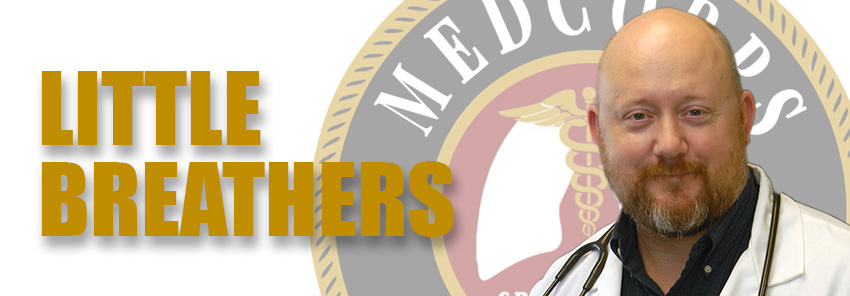
Understanding Chronic Cough: Causes, Evaluation, and Management
By Allen L. Silvey, Jr., DO
DIA chronic cough can significantly impact an individual's quality of life, causing discomfort, frustration, and interruptions to daily activities. While occasional coughing is normal, a persistent cough that lasts for eight weeks or longer is classified as chronic. In this article, we will explore the causes, evaluation methods, and management strategies for patients dealing with chronic cough, providing valuable insights into this common condition.SC
- Common Causes of Chronic Cough:
- Postnasal drip: Excess mucus produced in the nasal passages and sinuses drips down the throat, triggering a cough.
- Gastroesophageal reflux disease (GERD): Stomach acid refluxes into the esophagus, causing irritation and coughing.
- Asthma: Inflammation and narrowing of the airways lead to coughing, wheezing, and shortness of breath.
- Chronic bronchitis: Inflammation of the bronchial tubes, often due to smoking or exposure to irritants, results in coughing and excessive mucus production.
- Medications: Certain medications, such as angiotensin-converting enzyme (ACE) inhibitors used to treat high blood pressure, can cause a chronic cough.
- Respiratory tract infections: Conditions like bronchitis or pneumonia can lead to persistent coughing even after the infection has resolved.
- Other conditions: Less common causes include lung diseases (e.g., pulmonary fibrosis), lung cancer, or certain allergies.
- Evaluation and Diagnosis:
- Medical history review: Information about your symptoms, duration, and potential triggers will help guide the diagnostic process.
- Physical examination: The healthcare provider will listen to your lungs, assess your throat, and check for any signs of infection or other underlying conditions.
- Diagnostic tests: Additional tests such as spirometry (lung function test), chest X-ray, allergy testing, or laryngoscopy (visualization of the throat) may be recommended to identify the cause.
- Management and Treatment:
- Treating the underlying condition: Addressing the cause of the cough is paramount. For example, treating asthma with bronchodilators and anti-inflammatory medications.
- Medications: Cough suppressants, bronchodilators, antihistamines, or proton pump inhibitors (PPIs) may be prescribed to manage symptoms or address specific causes.
- Lifestyle modifications: Avoiding triggers, quitting smoking, using a humidifier, staying hydrated, and practicing good cough etiquette can help reduce coughing episodes.
- Speech therapy: In cases of chronic cough related to vocal cord dysfunction or habit cough, speech therapy techniques can be beneficial.
- Referral to specialists: In complex cases, a referral to an allergist, ENT specialist, or gastroenterologist may be necessary for further evaluation and specialized care.
- When to Seek Medical Attention:
- Coughing up blood
- Unexplained weight loss
- Chest pain
- Shortness of breath
- Wheezing or difficulty breathing
Chronic cough can be caused by various underlying conditions, including:
To determine the underlying cause of chronic cough, your pulmonologist will conduct a thorough evaluation, which can include:
The management of chronic cough depends on the underlying cause. Treatments may include:
While most cases of chronic cough are not life-threatening, there are instances when prompt medical attention is essential. Consult a pulmonologist if you experience:
Living with a chronic cough can be challenging, but with a proper evaluation and targeted management, relief is possible. Identifying and addressing the underlying cause is crucial for effective treatment. If you are experiencing a persistent cough, consult a pulmonologist who can perform a thorough evaluation.
Give us a call at 856-352-6572 to schedule an appointment



